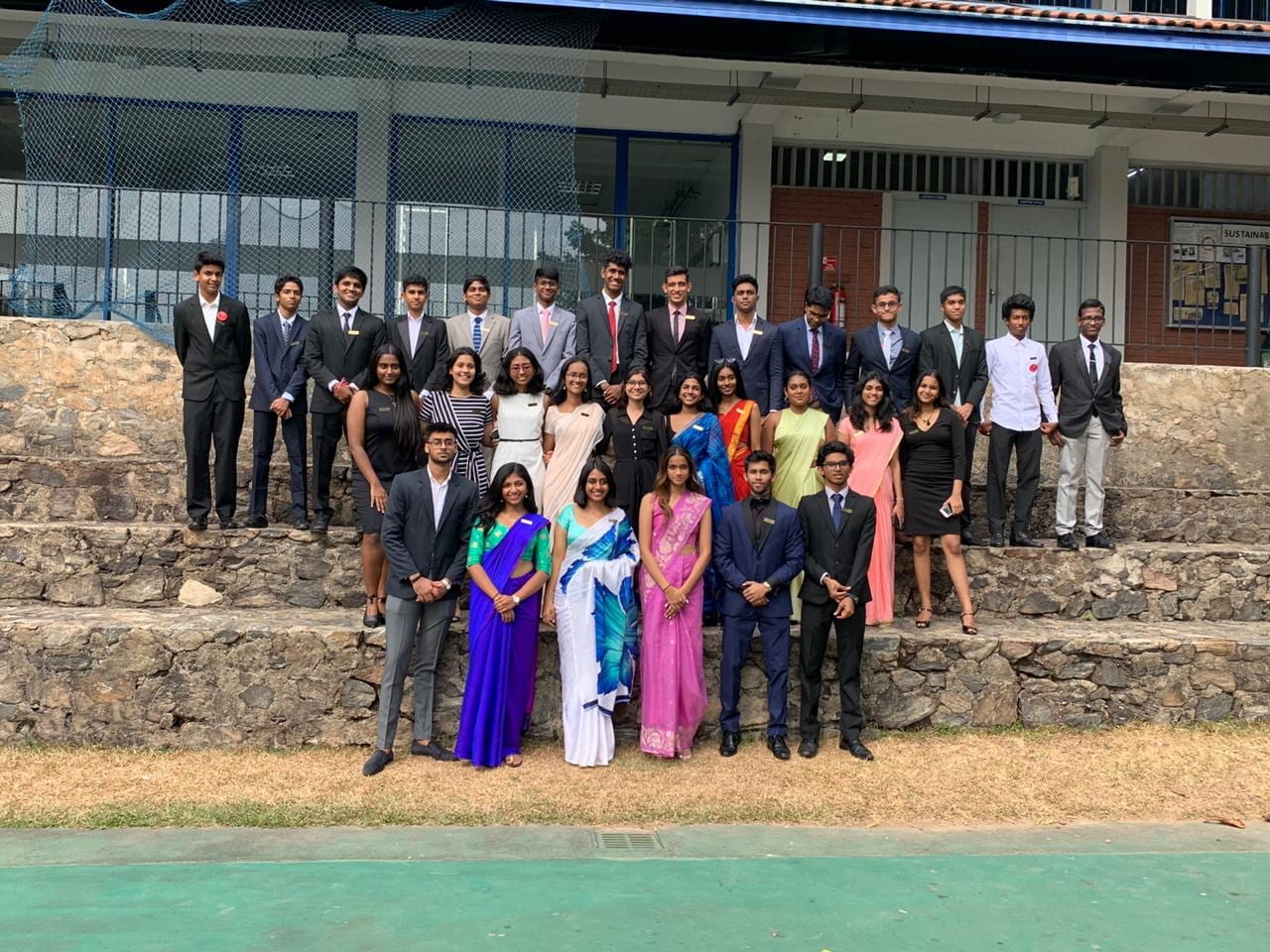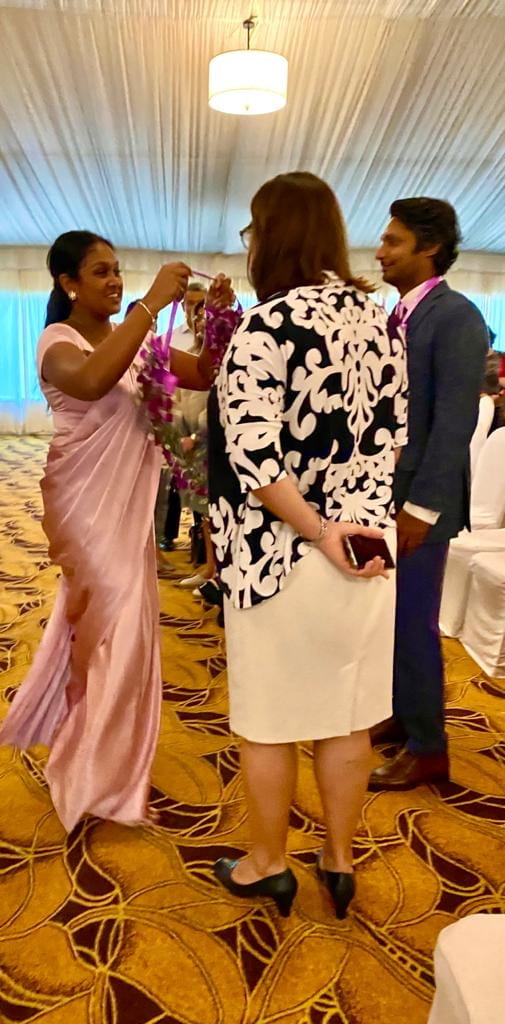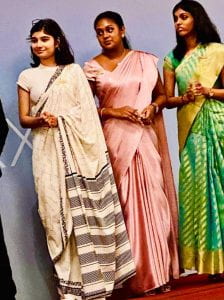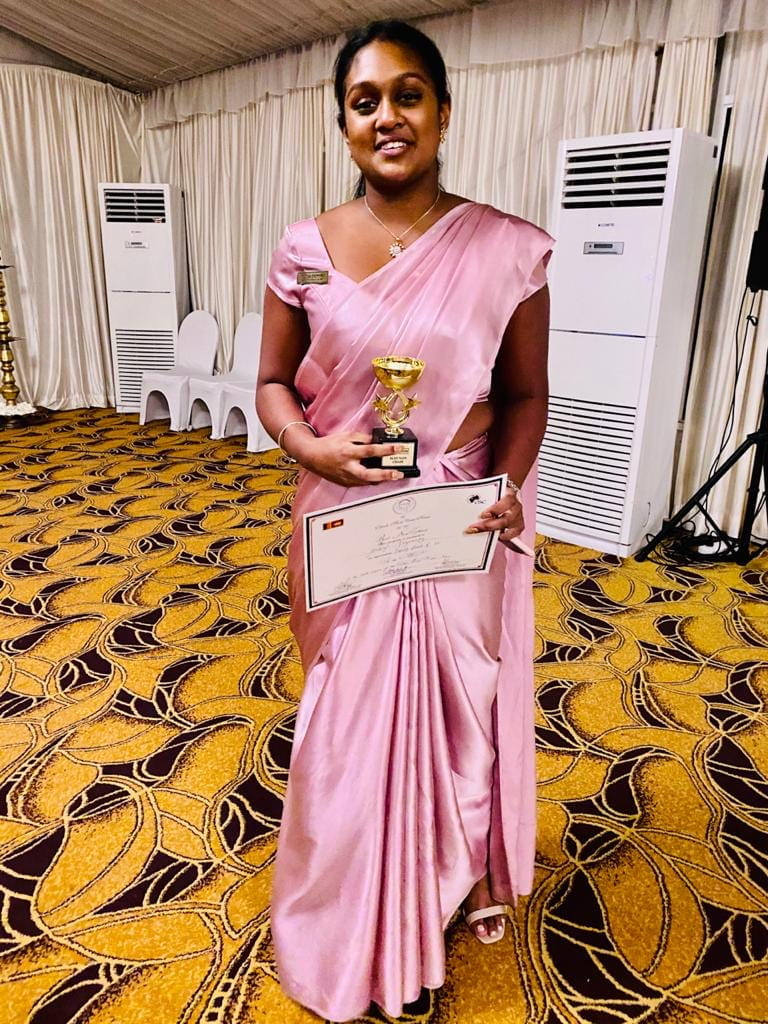
Colombo Model United Nations 2020
How do I condition myself to be a strong and supportive member of the Free World? Join Model United Nations, or what is nationally known as COMUN.
Being the biggest Model UN in the country, I not only feel a lasting sense of accomplishment for being a part of the Executive Committee that organized COMUN 2020, but a lingering feeling of hope for the future. I find that COMUN is a splendid opportunity that fosters a sense of confidence within students and hands them the mantle to take charge and create a wonderful program, that not only prepares the youth of Sri Lanka for their future in whatever endeavors that they choose to pursue but instill in them a sense of discipline and professionalism. Being the largest student self-run conference in Sri Lanka, I was shocked at how quickly the conference passed by our calendar. In frenzied excitement, it almost made me overlook the months of hard work and preparation that formed the foundations of this successful conference.

Compering at the opening Ceremony
COMUN having maintained a twenty-year foothold within the community of international students, has been an increasingly difficult and tumultuous task to find a new theme that is not only appropriate in the socio-political climate but allows for fruitful debate, challenging the senior delegates and intriguing the novices. Thus, this year, we decided to pursue a novel theme, which not only attends to the current global crises but creates an engaging debate environment for all; “Acknowledging Past Failures, Finding Pragmatic Solutions”; Demonstrating engagement with Issues of Global Significance. Childish games of accountability and for the absence of a better metaphor, ‘The Blame Game’, that countries attempt to play under the guise of diplomacy is detrimental to the social, poltical and economic advancement of the world. Our hyper-nationalistic behavior, our incessant need to throw a blanket over the messy piles that are our historic errors and fundamental inaccuracies, further coupled with our refusal for acknowledgment is a driving force that stagnates society’s progression. This refusal has been the stem for most modern international relations debacles, given that this environment discourages pragmatic thinking and rather promotes violence over diplomacy. How are nations meant to find a common consensus if they do not truly understand what the problem is?

General Assembly 3
My COMUN journey started in 2018. Coming to my first debate as a novice representing Mexico, I was armed with ignorant bliss of what was to come. I was quite comfortable in showcasing my critical thinking skills and confidence in classroom debates where I would usually lead the discussion, and hoped that these leadership qualities would appear during conference. My naivety and quite frankly my overconfidence were quickly shot down as the delegate of the United States began to tear down my hours of midnight research. I remember feeling my voice, load and proud as it was during the opening speech, crawl back down to my stomach where it sat like a lump of coal while the delegate of the U.S was breaking my speech apart, faster than I built my argument. I was quite literally and figuratively stumped, as I stood gawking amidst rows of delegates sitting around me in uniformed amusement. ‘Fresh meat’, they must have thought, their smirks widening. I knew that this delegate wasn’t really attacking me but my country. Nonetheless, I still felt embarrassed and alone. While I prayed for the chairs to relieve me of my humiliation by allowing me to sit down, I looked around the room seeking for some kind of solace and help. I found neither until the delegate of China shot up and asked to speak for me. Despite his country having no whatsoever connection to domestic border control issues within North America, the delegate not only helped to counter the opposing delegate’s argument but brought up the cutthroat, and unfair power dynamic at play to both the assembly and the head table, before taking his seat. I felt a flurry of emotions envelope as I didn’t know whether to fear or respect this delegate. I didn’t have much time to dwell on the topic as an Admin brought me a piece of paper and pointed towards the Delegate of China.
It was completely unfair that America bullied you. You are novice and you are allowed time to collect your thoughts. It was even more absurd that the head table allowed it. But still, you need to learn to defend yourself. I can teach you, if you would like.
This experience taught me many valuable lessons; by Identifying my own strengths and developing areas for personal growth. The first being no matter how prepared you think you are, you can always do more research. Second, when a more experience delegate questions your ability and attempts to humiliate, bring it up to the head table. Third, always stand your ground. Lastly, it is perfectly acceptable to ask for help, in fact, its encouraged.

Placing the Floral wreath onto Mrs. Kleiss (Head of School of OSC) and the chief guest, Mr. Kumar Sangakara.
As my second year of being a delegate rolled in, I made sure to chant this mantra across General Assembly four, especially when teaching the novice delegates skills and techniques that more experienced veterans taught me. This almost circularity when teaching the new bunch of novices, felt relieving as it somewhat mimicked the notion of passing down the mantel and reassured me that the next generation of MUN’ers were prepared.
This year was my third year participating in the conference and I hoped be part of the Executive Committee as I wanted to experience a different facet to the MUN experience. After passing my interview, I was given the choice of being vice-chair for Generally Assembly 4 or being the Deputy head of International Press Committee. I was initially inclined to choose the former as I was a delegate for two years in GA 4 and thus had harvested the necessary skills to lead it. However, I ultimately chose to be the Head of IPC as I wanted to not only polish my skills as a delegate but in fact hoped to garner some more, such as patience, ability to teach and heighten my critical thinking abilities by choosing the latter.

General Assembly 4
Along with my role as chair of the IPC, I worked with Secretariat on the technicalities of organizing the conference. I was tasked with placing and designing orders for Trophies, certificates, notebooks, magazines and the metal name tags. I admit that being a delegate, I took the organization of the event for granted and now being placed in the role; being responsible for so much, it was a not only a valuable experience but a necessary one to prepare me for the pressures of the real world. My main takeaway from this experience is to not only better organize one’s scheduling and enhance proficiency when completing and activity but to also communicate with other’s working within the Secretariat. For example, the order list that was meant to be given to the T-shirt, placards and name tag manufactures was different on each list and thus resulted in multiple order cancellations which ultimately led to the t-shirts only being available on the second day of conference. However, my efforts were rewarded when I won the Secretariat Award for “Best Chair”, thereby Demonstrating the challenges that have been undertaken and developing new skills of ‘communication’ and ‘collaboration’ in the process.
Another aspect that I felt that drastically improved during my time as a Chair of IPC was my ability to deliver speeches, coupled with my leadership and overall journalistic capabilities. Even after my two years of delegate experience I was quite nervous about public speaking, and enjoyed the option to only address a smaller group of people when making speeches in my committee. However being in a leadership position and with my counterparts lacking for most of the events, I was dealt with introducing my committee on three major occasions; Faculty Meeting, Delegate Workshop and Conference. Although I was quite well versed in the subject at hand and was comfortable answering questions, the herculean task of doing so with 200 hundred eyes closely observing my every move, I felt like an insect being inspected under the concentrated light of sunlight through a microscope, the audience monitoring my every move. However, by delivering speeches and answering crowd questions in front of the delegates and my peers alike, I quickly mastered this skill of calming my nerves and maintained a calm posture, thereby conquering my fear. Despite the fact that I did stumble on my words and opted to look directly at the wall for fear of eye contact during the faculty meeting, I corrected my errors and ‘braved the conference’.

Standing with my Co-Heads of IPC when handing out awards Photo Credits: Dulanjalee
As a delegate, I aspired to be a student leader that would not also inspire and instill a sense of confidence within the participants, but wanted to customize their MUN experience by harvesting their individual skills and extending their potential by the end of the conference. As a chair, I knew that I couldn’t make a drastic change one often sees in pop cultured fiction, but a more subliminal addition to their abilities, in order to inspire them to keep polishing their skills even without watchful eye of the head table. As the head of IPC, I often strove to individualize the way I taught my journalists as I did not want them to leave the conference the same way they entered but in fact carrying an arsenal of new knowledge and skill, not just acquired from the student leaders but their peers themselves. I hoped not to project my negative experiences of being labelled a ‘weaker delegate’ and being deprived of opportunities for growth by crafting the International Press Committee to be immersive where my delegates would not just improve their journalistic capabilities but would learn empirical values of determination and persistence, as well, thereby demonstrating how to innate a CAS experience.
As I hope to do COMUN next year and attain a more permanent position within the Secretariat, I perceived COMUN 2020 as not only first-hand exposure to how real-world conferences are run but predominantly as a hotspot in which I can derive a vast array of skills and holistic experiences for the future.

